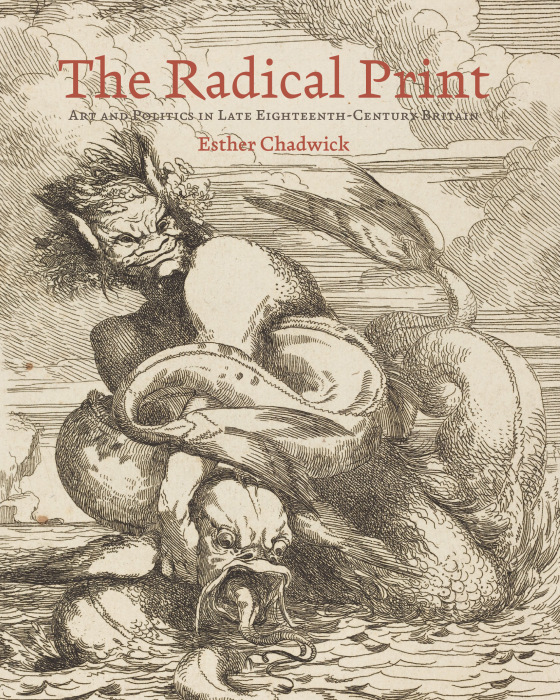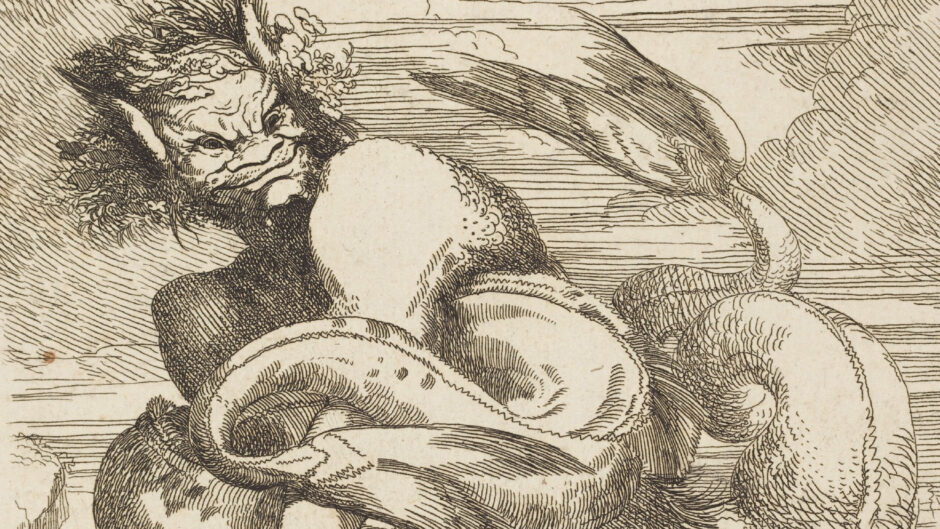This event celebrates the publication of Dr Esther Chadwick’s The Radical Print: Art and Politics in Late Eighteenth-Century Britain (Paul Mellon Centre for Studies in British Art/Yale UP, 2024).
The Radical Print argues for printmaking in Britain as the most exciting, innovative, and critically engaged field of artistic production in the late eighteenth century. Moving the print from the margins to the centre of the study of art history, this new critical study demonstrates how print responded to the acceleration of historical events, the polarisation of public discourse, and the sense of a world turned upside down in ways that traditional artistic media could not.
To discuss the book and its themes, Esther will be joined by a panel of four respondents: Dr Nicholas Robbins (UCL), Prof. Richard Taws (UCL), Dr Stephanie O’Rourke (St Andrews) and Dr Johanna Gosse (The Courtauld). Drinks reception to follow.
This event is generously supported by the Paul Mellon Centre for Studies in British Art.
Speakers
Dr Esther Chadwick is Lecturer in Art History at The Courtauld. She is a specialist in eighteenth-century British art with a particular interest in Atlantic revolutions and the intersections of art and empire. In 2024, she was co-curator of “Entangled Pasts, 1768-now: art, colonialism and change” at the Royal Academy of Arts and “William Blake’s Universe” at the Fitzwilliam Museum and Hamburger Kunsthalle. Before joining The Courtauld, she was a curator in the Department of Prints and Drawings at the British Museum.
Dr Johanna Gosse is Lecturer in Lens and Time-Based Art Histories, The Courtauld. She is a specialist in modern and contemporary art with a particular focus on experimental film and media. Her interdisciplinary research bridges art history, film & media studies, and visual studies.
Dr Stephanie O’Rourke is Senior Lecturer in Art History, University of St Andrews. She specialises in European art, focusing on the intersections of resource extraction, scientific knowledge, and media technologies in the 18th and 19th centuries. Art, Science and the Body in Early Romanticism (Cambridge University Press, 2022), her first book, considers the relationship between art and the production of scientific knowledge at the dawn of the nineteenth century. Her forthcoming book, Picturing Landscape in an Age of Extraction (University of Chicago Press), examines how European landscapes reflected emerging industries like mining and timber harvesting, alongside concepts of race, climate, and waste.
Dr Nicholas Robbins is Lecturer in British Art, 1700-1900 at UCL. His research and teaching explore the visual cultures of the modern Atlantic world, with a focus on the intersections of art history with histories of science and the environment. His first book, The Late Weather, examines the emergence of climate as a central subject of artistic experimentation and scientific representation in nineteenth-century Britain.
Prof Richard Taws is Professor of History of Art and Visual Culture and Head of the History of Art Department, UCL. He specialises in European visual cultures of the eighteenth and nineteenth centuries and is the author of The Politics of the Provisional: Art and Ephemera in Revolutionary France (Penn State University Press, 2013), co-editor of Time, Media, and Visuality in Post-Revolutionary France (with Iris Moon; Bloomsbury, 2021) and Art and Technology in Early Modern Europe (with Genevieve Warwick; Wiley-Blackwell, 2016). As a member of the ‘Multigraph Collective’, he co-authored Interacting with Print: Elements of Reading in the Era of Print Saturation (University of Chicago Press, 2018). Richard is currently completing a book about art and the optical telegraph in nineteenth-century France, to be published by MIT Press.







